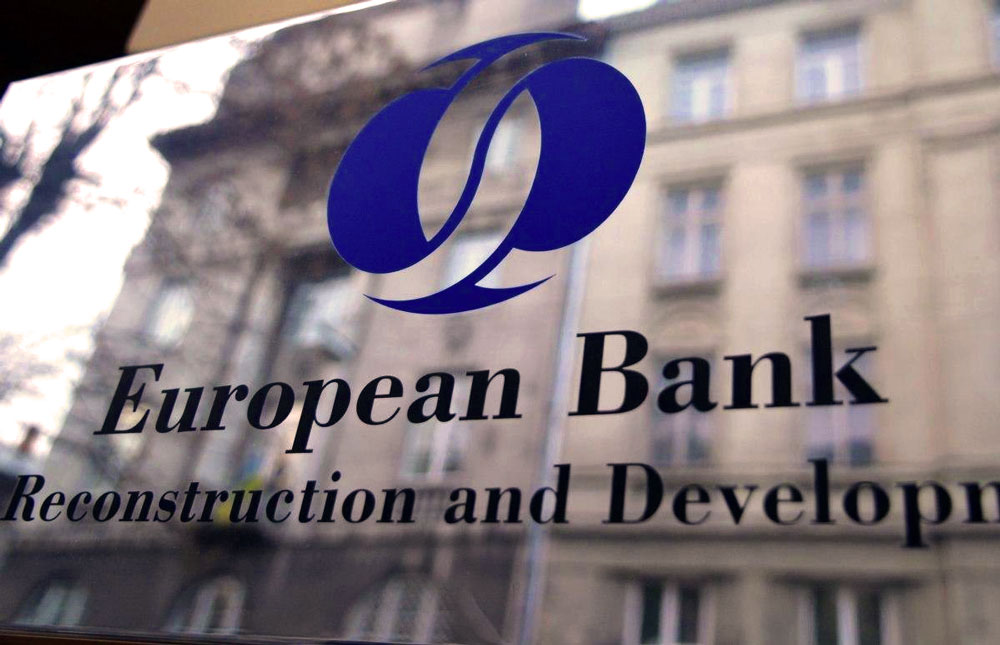- €2 billion to support resilience and livelihoods in Ukraine and affected countries,
- Priorities include trade finance, emergency liquidity, energy security and municipal services,
- Reconstruction programme will follow once conditions are in place.
The European Bank for Reconstruction and Development (EBRD) has announced an initial €2 billion resilience package of measures to help citizens, companies and countries affected by the war on Ukraine. The Bank has also pledged to do all it can to help with the country’s reconstruction, once conditions allow.
Funding will be made rapidly available to support Ukrainian companies– for example, with deferred loans, liquidity support, and trade finance. Where possible, businesses will be helped to relocate so their work can continue.
In addition, the Bank’s Resilience and Livelihoods Framework will help in countries directly affected by inflows of Ukrainian refugees. Women, children and the elderly make up the majority of displaced citizens, and municipal authorities face huge challenges in managing the influx of people.
This package was endorsed today by the Bank’s Board of Directors and represents a first round of support. The EBRD had previously declared its unwavering support to Ukraine and its people, and condemned the aggression by the Russian Federation and Belarus.
EBRD President Odile Renaud-Basso said: “The Bank will step up with renewed resolve and calm professionalism, delivering on its mandate and mission. The times ahead are highly uncertain, and the EBRD must remain flexible, streamlined and nimble, retaining our focus on delivery.
“Our shareholders have given their full support to this package, and our staff are already working on the ground to implement these steps. We are facing an unparalleled crisis, but throughout our history, we have been a Bank that rises to the challenge. The people of Ukraine have our complete backing.”
Once conditions permit, the EBRD will also be prepared to take part in a reconstruction programme for Ukraine, to rebuild livelihoods and businesses; restore vital infrastructure; support good governance; and enable access to services.
It envisages working with international partners including the EU and US, as well as bilateral donors and other international financial institutions. It expects there to be a surge in investment in energy security, as well as an acceleration of decarbonisation efforts.
Within Ukraine, the Resilience and Livelihoods Framework will focus on four main elements:
- Payment deferrals, debt forbearance and restructuring
- Trade finance, including for fuel imports
- Emergency liquidity finance, in coordination with partners
- Emergency reform support, to support the Ukrainian authorities with immediate legislative and regulatory interventions
In the neighbouring countries taking in refugees, the Framework will concentrate on:
- Energy security, including through emergency energy purchases to compensate for loss of imports from Russia and Belarus
- Municipal services and livelihoods for displaced persons, with the United Nations saying two million people have now fled Ukraine
- Trade finance
- Provision of liquidity for small and medium sized enterprises
The Framework could also be extended more widely to cover other countries with particular concerns over energy security. The Bank expects the crisis to have serious consequences for many of the economies where it works.
The package announced today will complement EBRD operations already underway, and will work to the Bank’s standards of being additional to other available financial services, and working to sound banking principles.
Ukraine is one of the Bank’s biggest countries of operations, with cumulative lending of more than €16 billion in 511 projects since the EBRD started work, including more than €1 billion in 2021.





COMMENTS